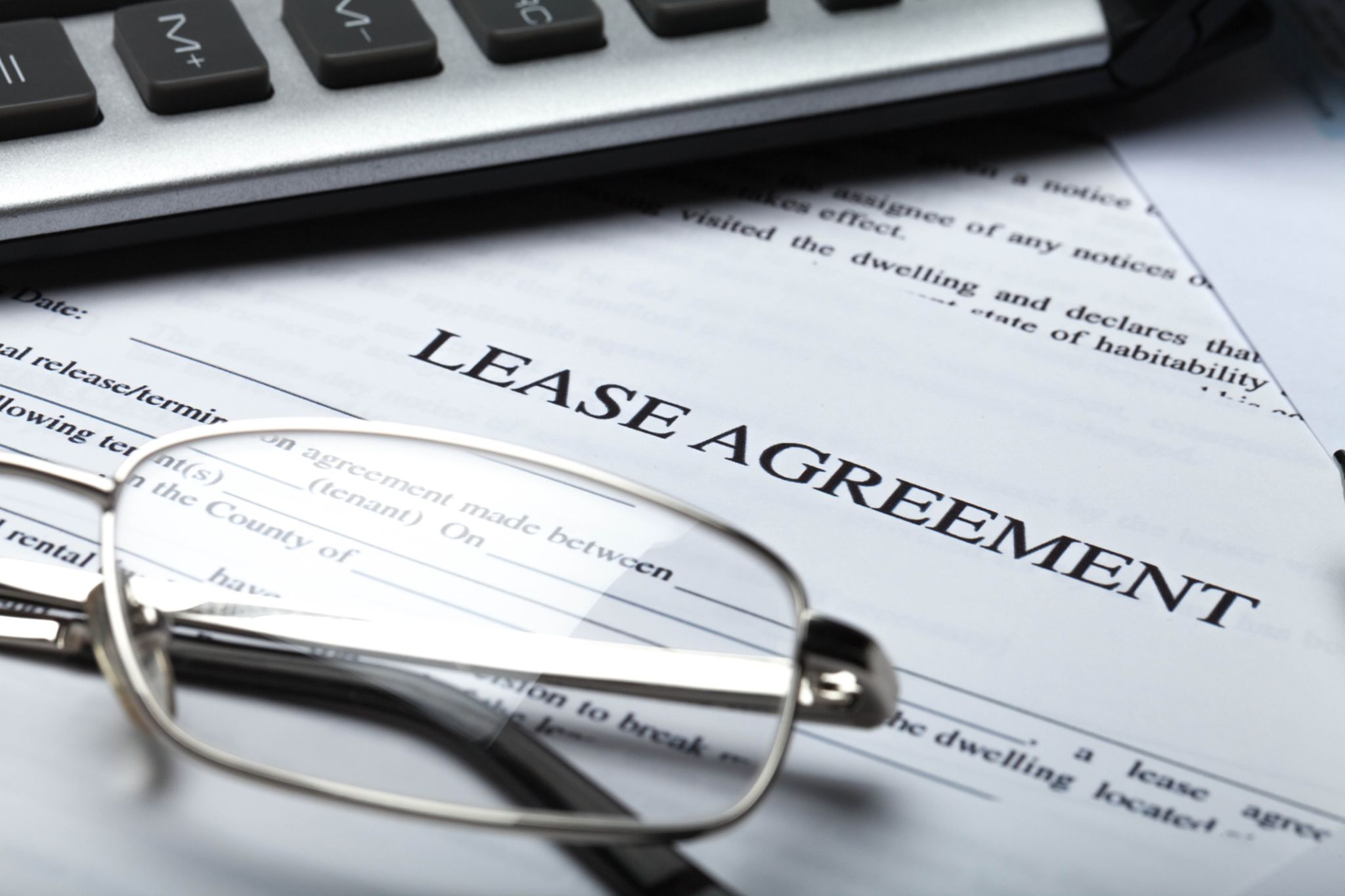Understanding Commercial Leases: Key Clauses and Negotiation Tips
Introduction to Commercial Leases
Commercial leases are crucial documents for businesses looking to rent office or retail space. Unlike residential leases, these agreements often come with more complex terms and conditions tailored to business needs. Understanding the key clauses and knowing how to negotiate them can significantly impact the success and financial health of your business.

Key Clauses in Commercial Leases
Lease Term and Rent
The lease term is one of the most critical components of a commercial lease. It specifies how long the lease will last and the conditions under which it can be renewed or terminated. Additionally, understanding how rent is structured is vital. Rent may include base rent along with additional expenses like maintenance, property taxes, and utilities.
Use Clause
The use clause defines what activities or businesses can be conducted on the leased premises. It is essential to ensure that this clause aligns with your business operations to avoid potential conflicts with the landlord or zoning regulations.

Maintenance and Repairs
This clause outlines who is responsible for maintenance and repairs. In many commercial leases, tenants are responsible for maintaining their space, while landlords handle structural repairs. Clarifying these responsibilities upfront can prevent disputes and unexpected costs.
Negotiation Tips for Commercial Leases
Research and Compare
Before entering negotiations, research similar properties in the area to understand market rates. This information can be a powerful tool in negotiating better terms. Consider hiring a commercial real estate broker who can provide insights and leverage during negotiations.

Focus on Flexibility
Negotiate to include flexibility in terms like lease renewal options or early termination clauses. This can provide your business with more adaptability to market changes or growth needs. Ensure these terms are clearly defined to prevent misunderstandings.
Negotiate Tenant Improvements
If your business requires specific adjustments or improvements to the space, negotiate these terms before signing the lease. Landlords might be willing to cover certain costs or offer tenant improvement allowances, which can reduce your initial outlay.
Conclusion
Understanding commercial leases and effectively negotiating key clauses can make a significant difference in securing a favorable agreement for your business. By focusing on the essential elements and utilizing strategic negotiation tips, you can ensure that your lease aligns with your business goals and financial capabilities.
